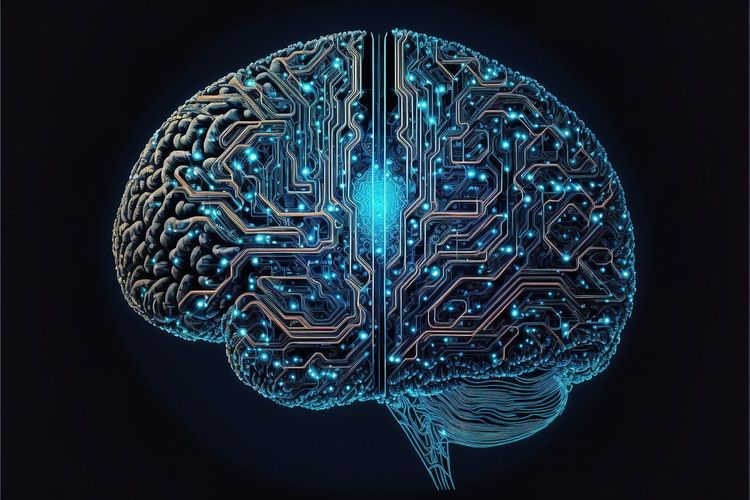Google's AI Music Tool Takes Center Stage
Google is revolutionizing the music industry with its AI music composition tool, "MusicFX," launched on December 14. This groundbreaking tool enables users to create original music compositions using just a few sentences. By integrating its previous MusicLM model with DeepMind's watermarking technology, SynthID, Google has developed a method for identifying AI-generated music, addressing copyright concerns faced by creators.
Experts see MusicFX as a pivotal advancement in AI, providing musicians, producers, and music enthusiasts the opportunity to explore diverse musical styles. The tool features a wide range of sounds and effects, allowing users to compose in various genres while adjusting pitch, tempo, and volume. Whether seeking a calming ambiance or an adventurous vibe, MusicFX meets users' needs.
Currently, MusicFX is available through Google's experimental product platform, AI Test Kitchen. This initiative enables users to engage with cutting-edge AI technology while offering feedback to refine the tool and uphold ethical standards. Analysts suggest that MusicFX not only equips musicians with innovative creative tools but also highlights a broader trend in AI development—encouraging user involvement in shaping these technologies. By integrating user feedback, Google enhances the technology while proactively addressing ethical considerations.
In addition, MusicFX has the potential to decrease barriers to music creation, welcoming participation from those without formal training. However, the tool has sparked debate over the implications of AI-generated content on copyright, ownership, and originality in music. Google's choice to implement watermarking underscores its awareness of these complexities, yet a fundamental question persists: Can AI-generated content genuinely be considered original?
Looking forward, Google plans to further refine MusicFX based on user feedback. This tool holds the potential to transform music creation and enjoyment, with AI Test Kitchen serving as a model for responsible AI development that aligns technology with societal values.
The Power of MusicLM
Earlier this year, Google introduced MusicLM, which can generate music from text or images across various styles. This audio generation model operates on a text-based foundation, producing high-fidelity music from textual descriptions. Through a hierarchical sequence-to-sequence approach, MusicLM delivers consistent compositions in a matter of minutes. It leverages three models—SoundStream, w2v-BERT, and MuLan—to extract audio representations for generation input. Essentially, MusicLM builds upon AudioLM's foundations, utilizing multi-stage autoregressive modeling to create music at a frequency of 24 kHz for extended durations.
However, industry experts have identified certain limitations in MusicLM’s capabilities. While the model can technically generate vocals and harmonies, some samples fall short in quality. Frequently, the generated lyrics consist of awkward phrases or nonsensical constructions, leading to outcomes that sound peculiar.
Copyright Risks of AI-Generated Music: Is It Original?
AI-generated music raises significant copyright concerns, particularly regarding potential plagiarism. In an experiment, researchers discovered that approximately 1% of the AI-generated tracks were directly copied from the training dataset, contributing to hesitations about releasing MusicLM. The ethical implications of training AI on existing music remain a contentious topic, with real-world examples illustrating the complexities. For instance, in 2020, Jay-Z's record label issued a copyright warning to a YouTube channel that used AI to recreate a cover of Billy Joel’s “We Didn’t Start the Fire.”
A white paper from the American Music Publishers Association argues that generative AI tools like MusicLM may infringe upon U.S. copyright laws, as they absorb coherent audio from training databases. While AI-generated music is often labeled "original," it frequently mimics a blend of styles from different artists, leading to questions about its originality. Google's incorporation of DeepMind's watermarking technology, SynthID, emphasizes its commitment to addressing copyright concerns by embedding an imperceptible digital watermark in every generated track, which remains undetected by human ears and does not impact audio quality.
Despite these attempts to mitigate risks, analysts argue that a central issue remains unaddressed: how should AI-generated music be classified? Can it hold its own against human-created music? As discussions and debates progress, clearer answers to these pivotal questions may soon emerge.







